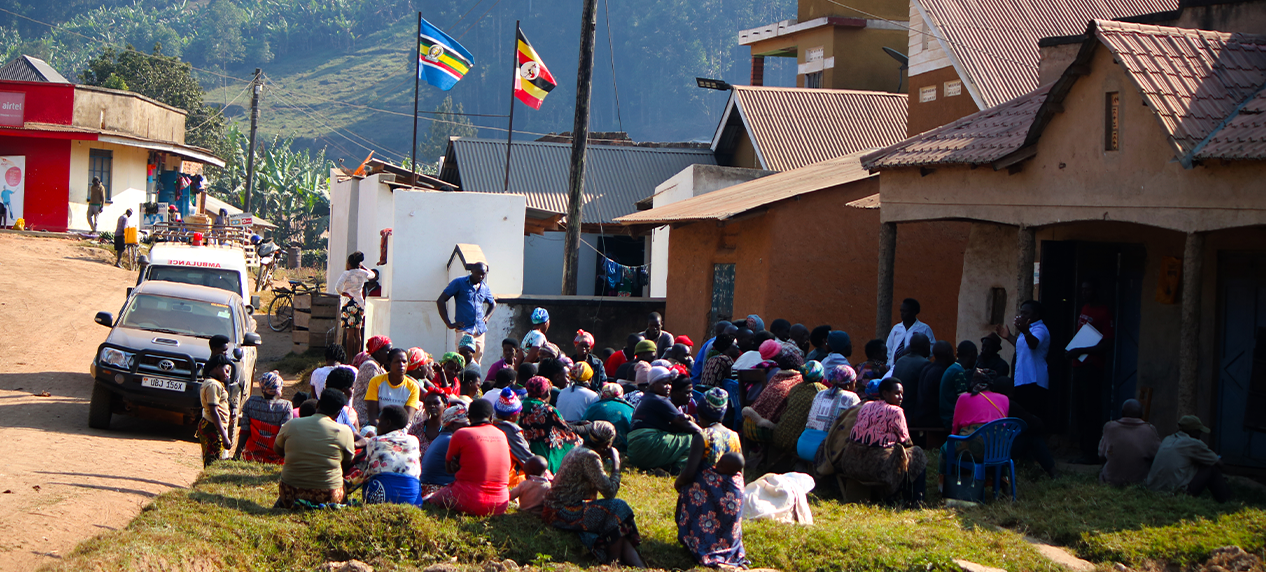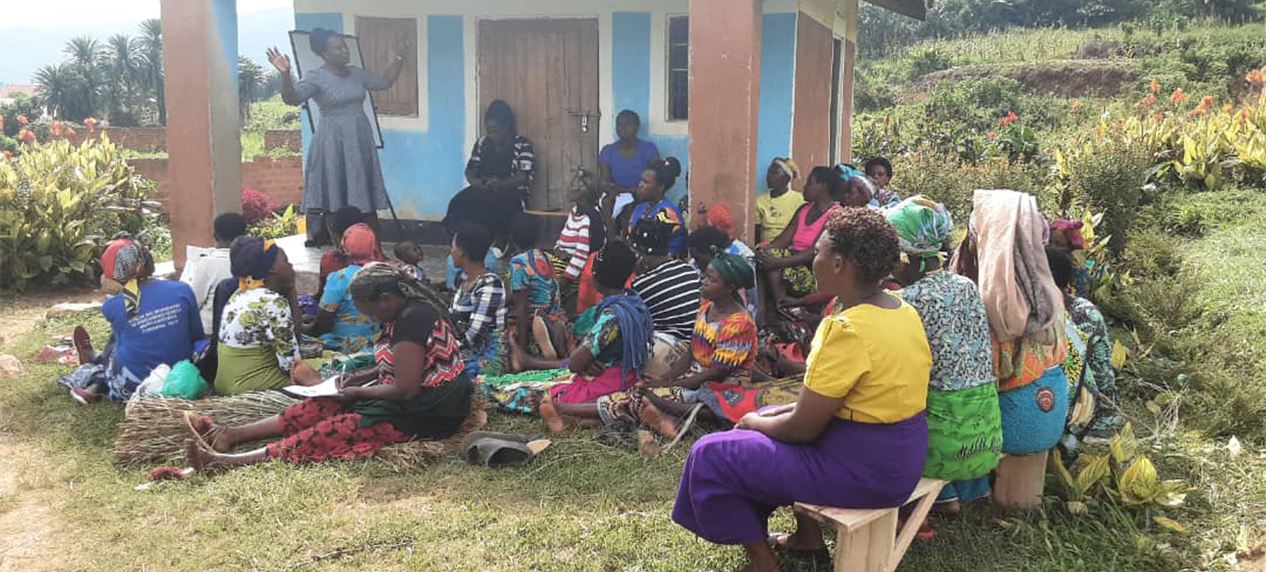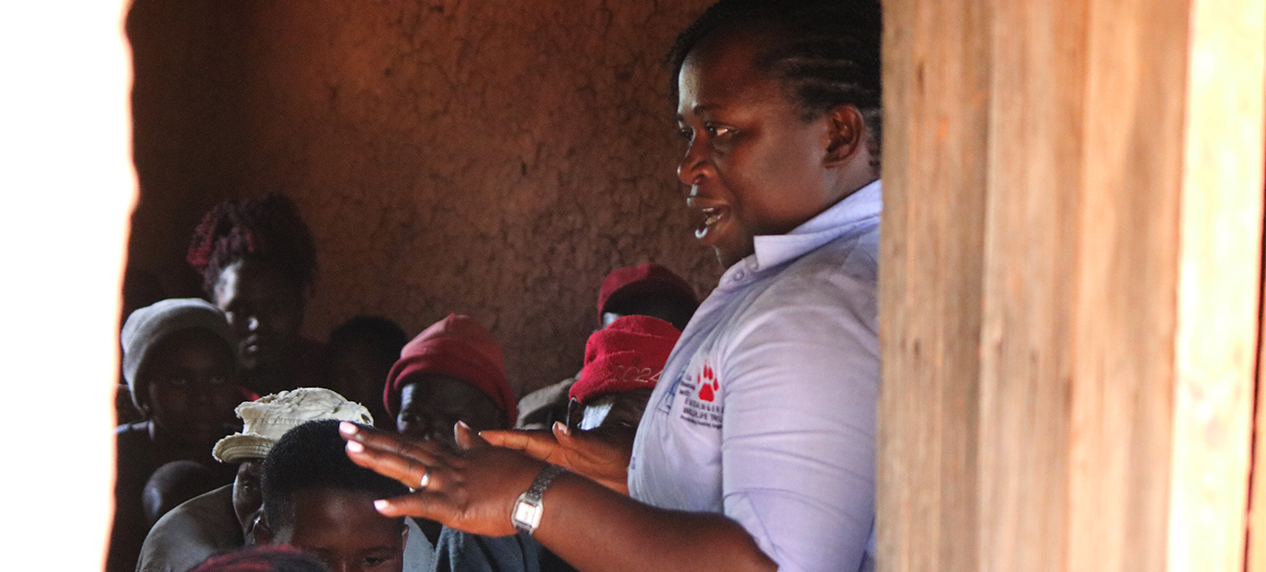Integrating Conservation and Health Action pays dividends for women in Rwanda

An initiative being driven by the Margaret Pike Trust in the Rukiga district of Rwanda, in partnership with the Rugarama Hospital, the International Crane Foundation/Endangered Wildlife Trust and London School of Hygiene & Tropical Medicine, is having significant and unexpected benefits for women facing gender-based violence.
This is according to a data analysis by the London School of Hygiene & Tropical Medicine. The Trust has been working in the Rukiga district with its partners since 2021 to deliver and evaluate an integrated conservation, health and livelihood project benefitting 50,000 people.
Data shows that due to our innovative project design:
- Women are more protected from gender-based violence, which is prevalent locally with one in three women in Rukiga experiencing it;
- Women were 25% more likely to choose a long-acting and reversible contraceptive method, which is more effective at preventing an unintended pregnancy; and
- More women have attended health services and benefitted from improved sexual and reproductive health services, and gender-based violence screening and follow-up services, which have not previously been available.
Zeneb Musiimire, East African Community Specialist at the International Crane Foundation/Endangered Wildlife Trust, reflects on the findings: “Being from Rukiga, I have seen the devastating impacts that gender-based violence has in our communities. I am reminded of an old saying in Rukiga, which questions whether a man really loves his wife, if he does not beat her. These attitudes are hard to change, but thanks to our partnership with the Margaret Pyke Trust and our integrated project design, we have been able to help women like never before.”
Kathryn Lloyd, Senior Manager: Programmes at the Trust says: “Research has shown just how prevalent gender-based violence is in Rukiga’s wetland communities and how it intersects with poor family planning services, poor crop yields, poverty, and food insecurity. We knew that our integrated project design would likely have greater outcomes for health, conservation and livelihoods, but we hadn’t anticipated the direct benefit we would have for women facing such horrific violence. We are proud to stand with our partners against gender-based violence.”
Kerryn Morrison, ICF/EWT Senior Manager: Africa, says of the project and its findings: “Integrating the communities, that share the landscapes that we are working in, into our conservation solutions provides real opportunities for our impact to be scaled and diversified beyond what we intended. This is a real example of how 1+1=4, and how true impact and scale up happens when an integrated approach is taken”.


** More information about the impacts in Rukiga can be read in the Margaret Pike Trust’s latest project brief.
